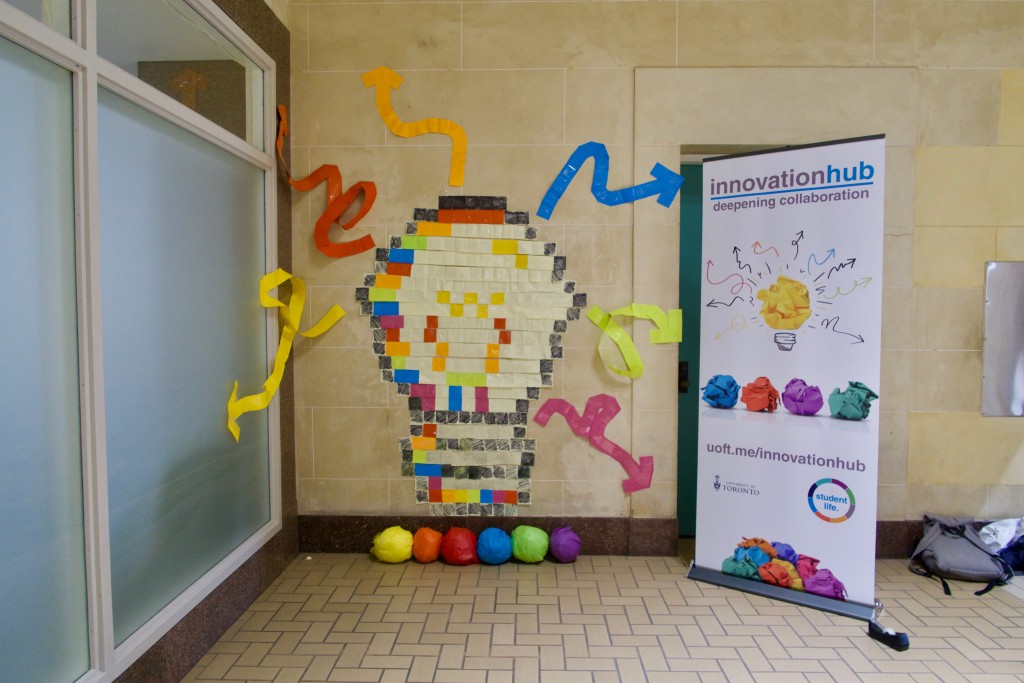By Johanna Pokorny – Senior Research Assistant, Amal Yusuf – Data Analysis Researcher, Rosemarie Shephard – Data Analysis Researcher and Betelehem Gulilat – Lead Editor & Writer

In Canada alone, 2 out of 5 post-secondary students experience some form of food insecurity2. Food insecurity is described as inadequate and insecure access to food as a result of financial constraints3. Its prevalence within the student population is overlooked by many considering the significant implications it has on students’ livelihood, learning and overall well-being. It’s complex and interconnected with our core needs and different for each and every individual in our communities.








